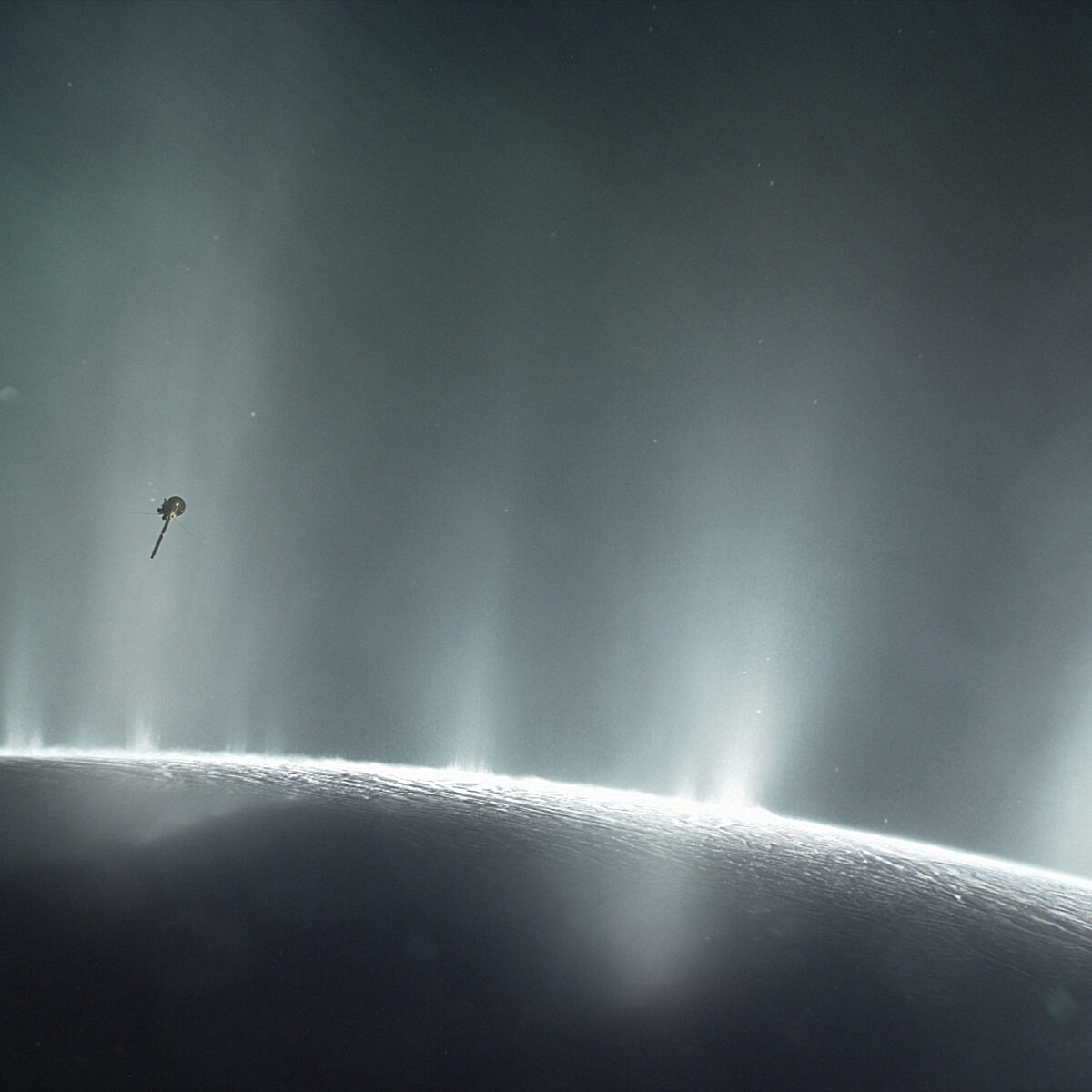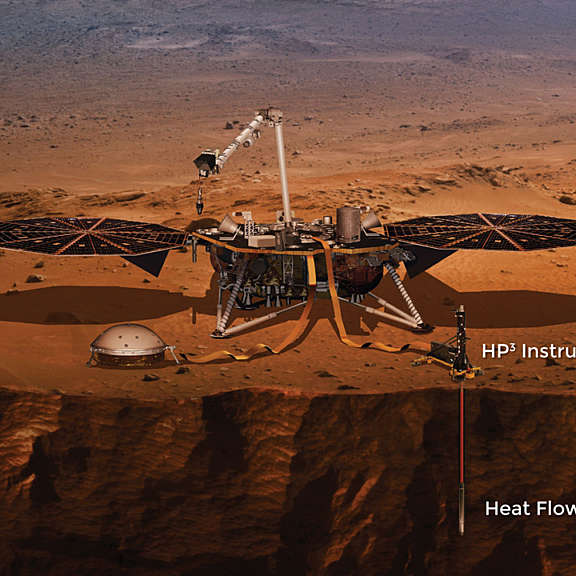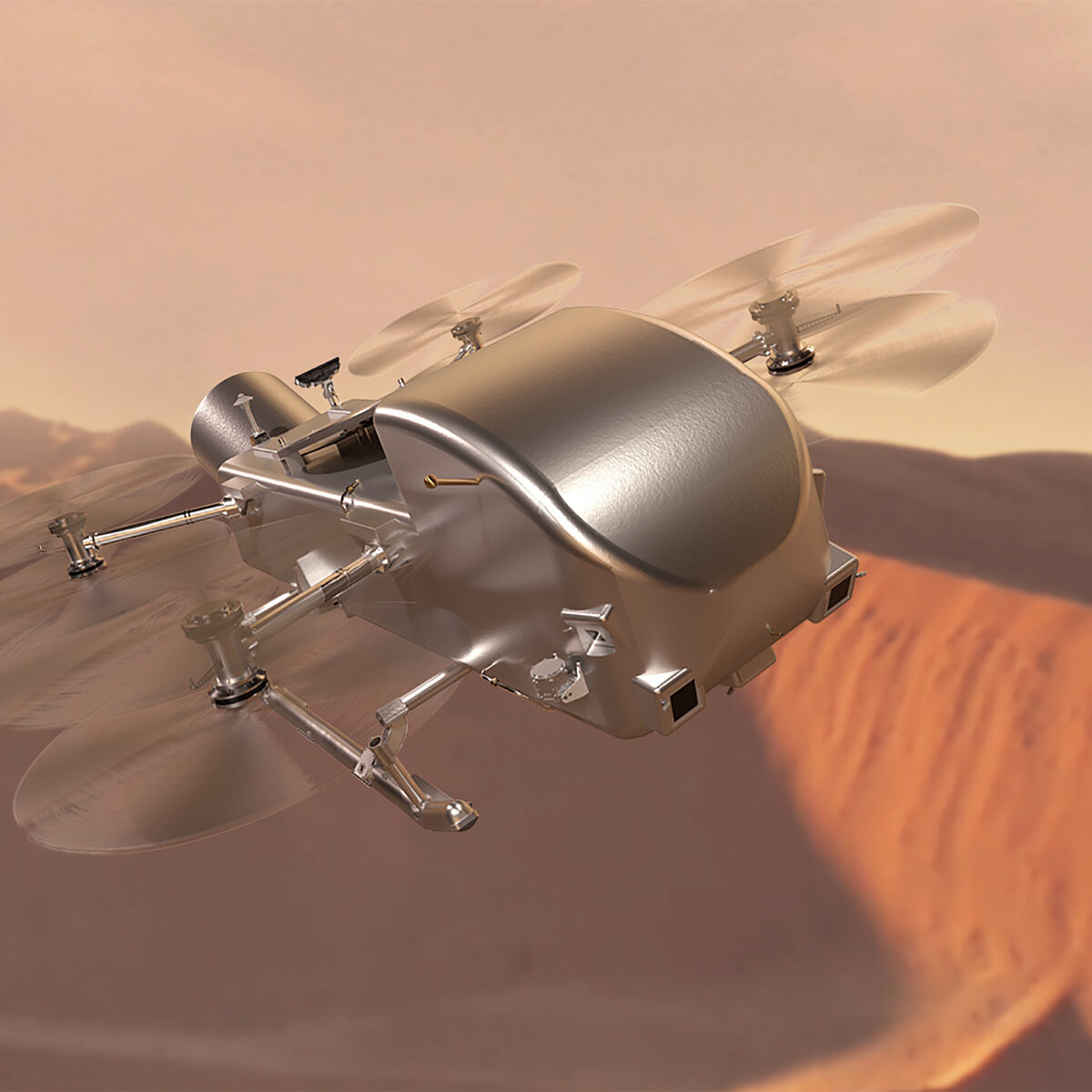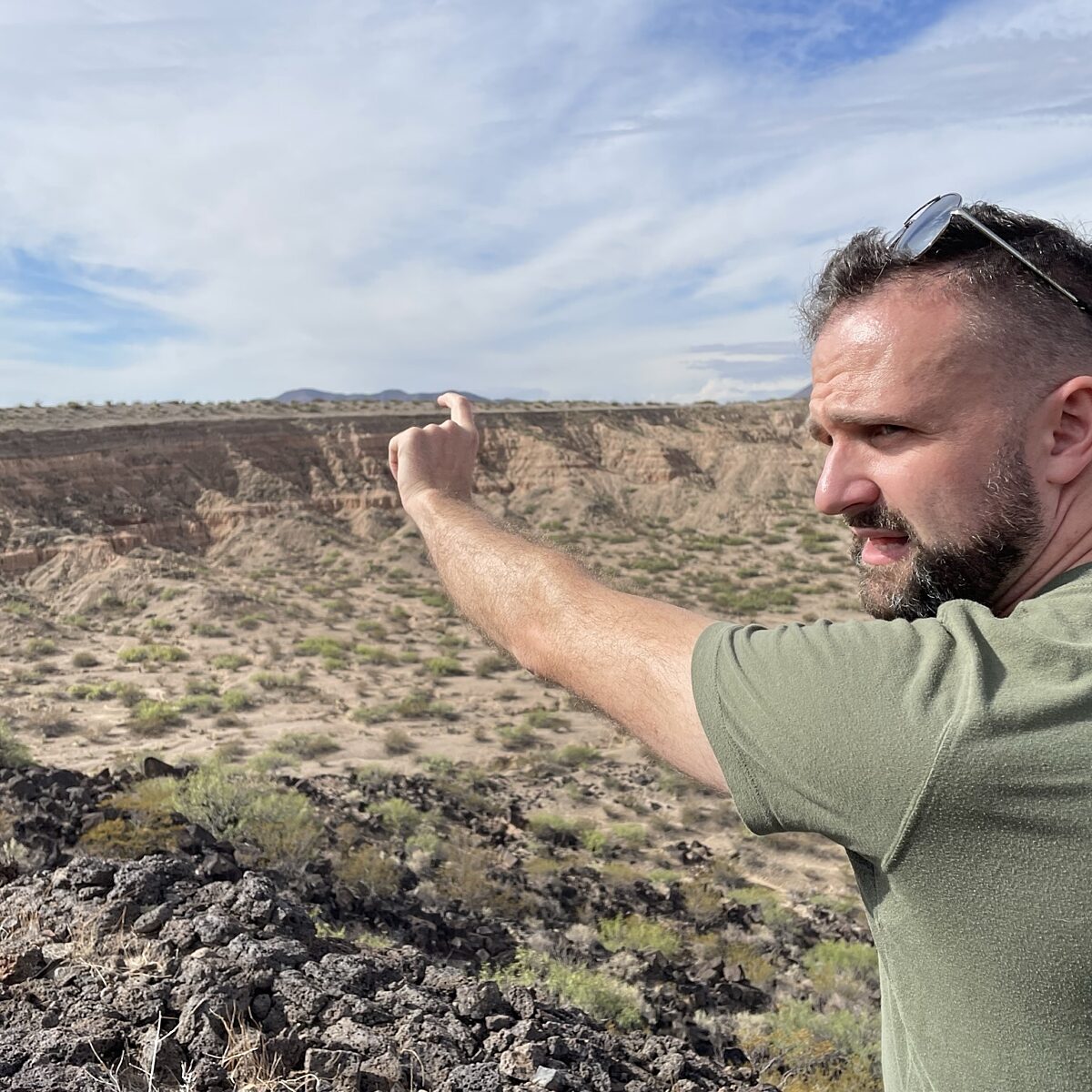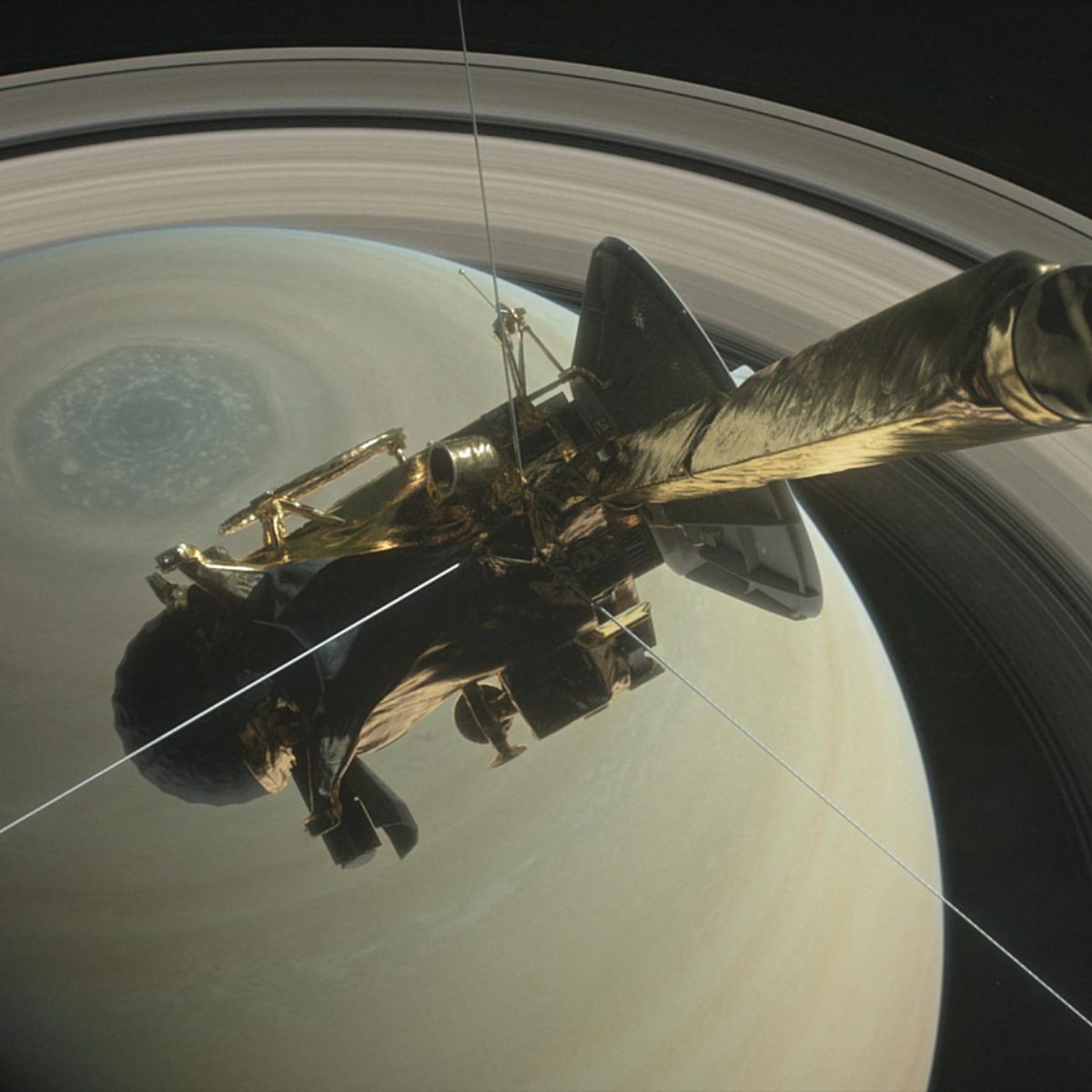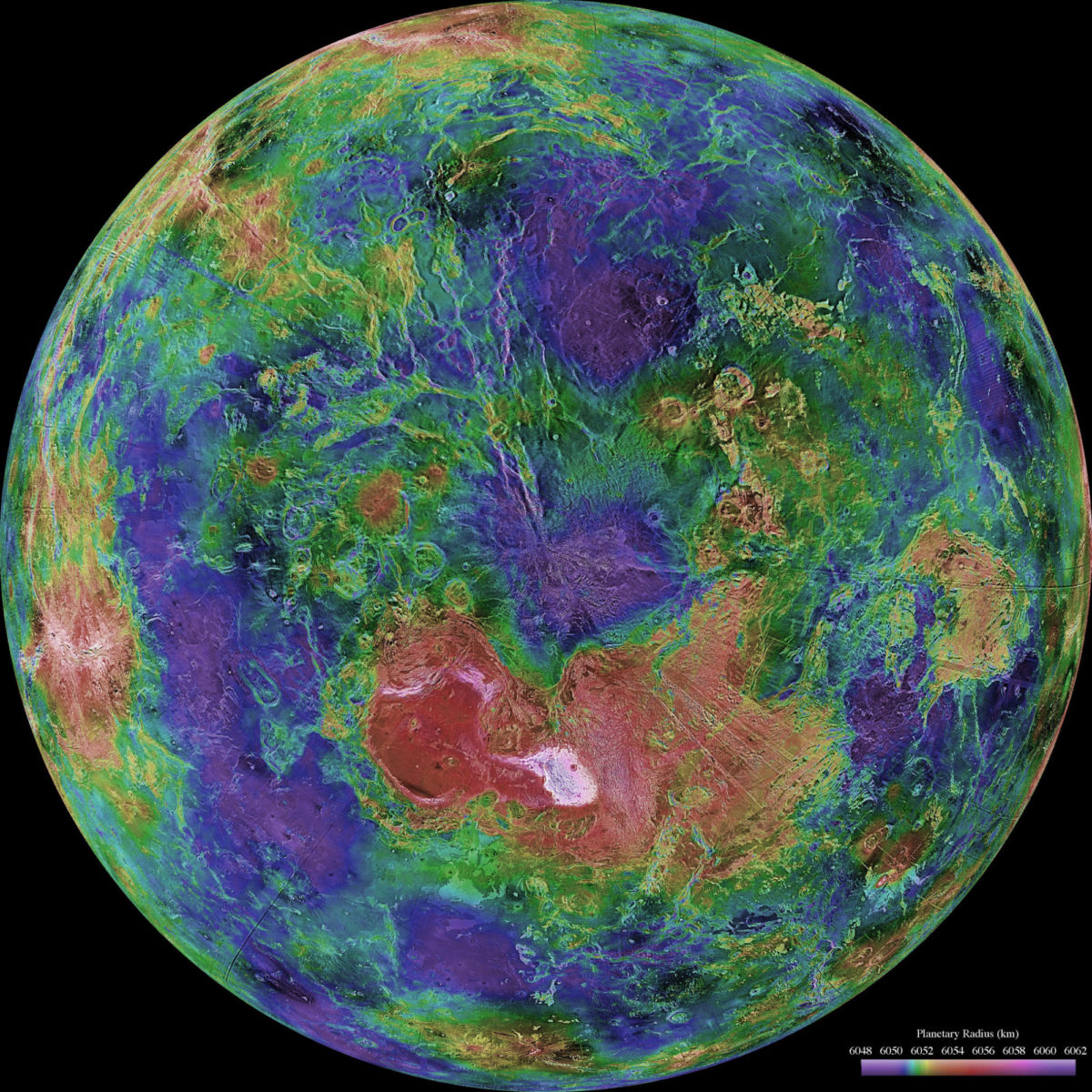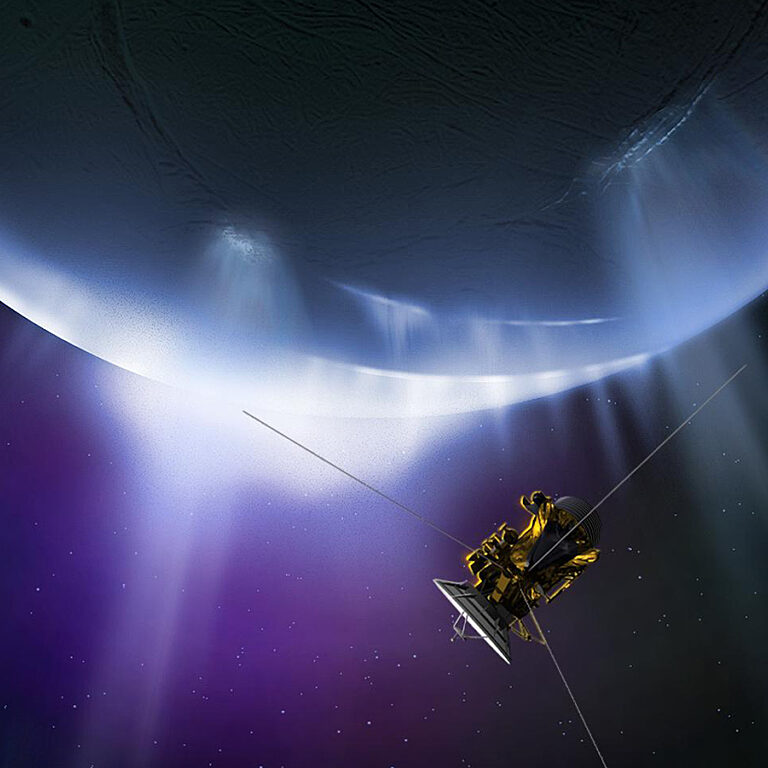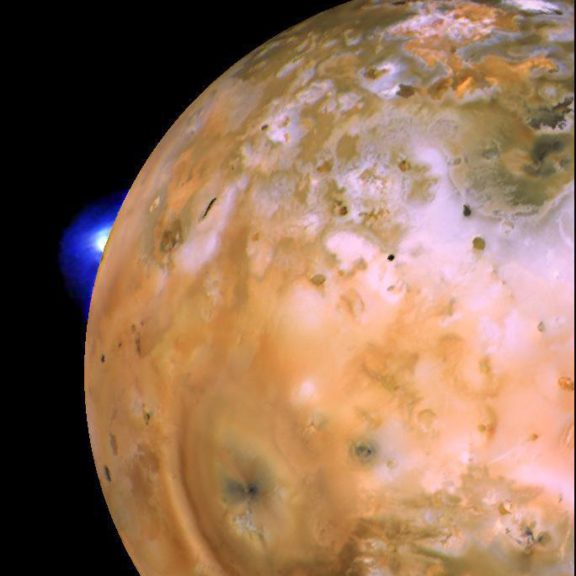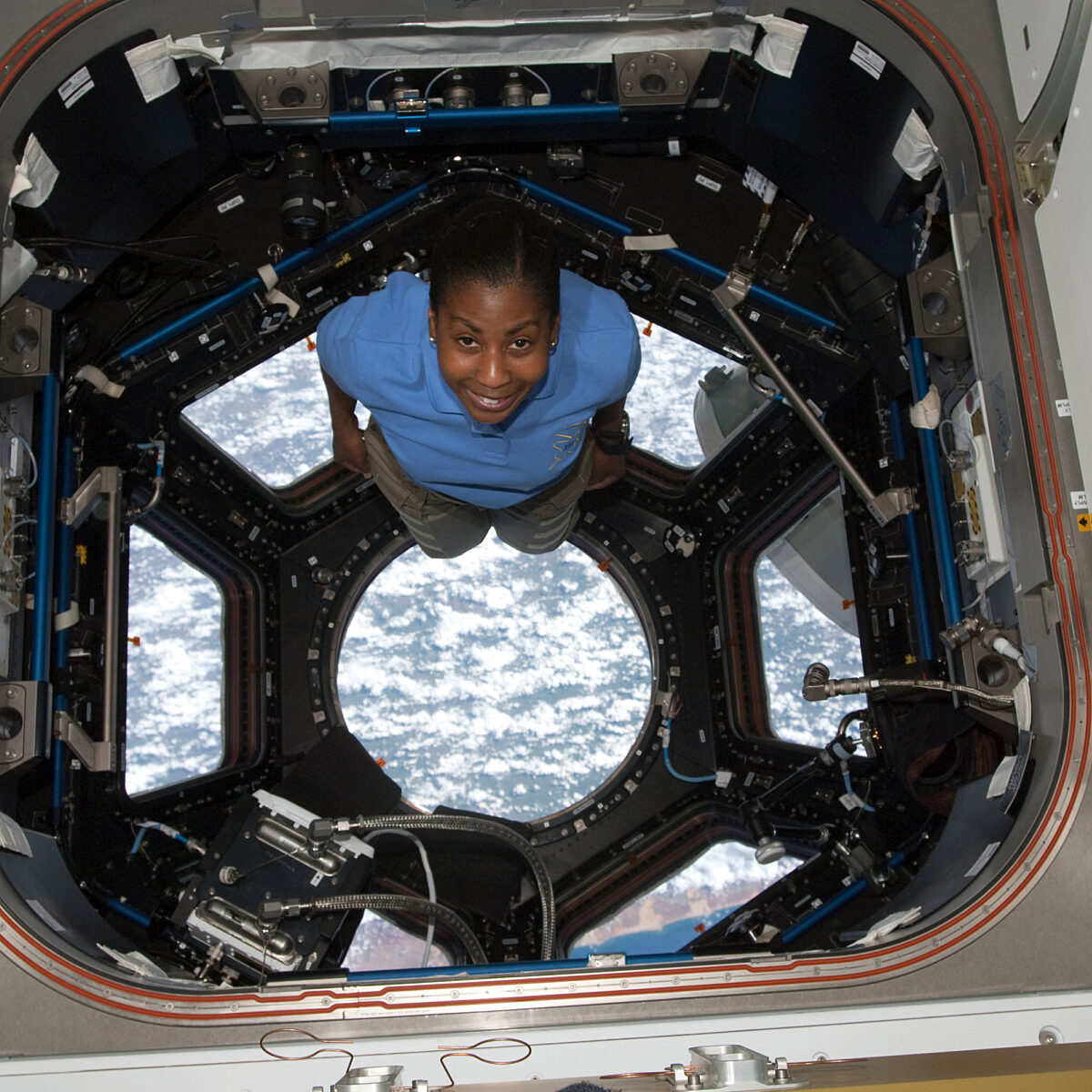Since 2002, Planetary Radio has visited with a scientist, engineer, project manager, advocate, or writer who provides a unique perspective on the quest for knowledge about our Solar System and beyond. The full show archive is available for free.
Search Planetary Radio
Morgan Cable and Hiro Ono from NASA's Jet Propulsion Laboratory join Planetary Radio to discuss the Exobiology Extant Life Surveyor (EELS) robot concept.
We discuss the delightfully unpredictable nature of space discoveries with Chris Lintott, author of the upcoming book Accidental Astronomy.
Sabine Stanley, author of the new book "What's Hidden Inside Planets?", discusses some of the amazing things that lie under the surfaces of the worlds in our Solar System.
Chris Glein, a lead scientist at the Southwest Research Institute, joins Planetary Radio to talk about the discovery of phosphorus in the oceans of Saturn’s moon Enceladus and the implications for the search for life.
NASA's Dragonfly mission to Saturn's moon Titan has been authorized to proceed with work on final mission design and fabrication. This week on Planetary Radio, we get an update on the mission's progress and new timeline.
Mat Kaplan, Planetary Radio's creator and former host, takes us on an adventure with planetary geologist Kirby Runyon as they tour New Mexico, U.S.'s varied geology and compare it to other worlds.
Join Planetary Radio host Sarah Al-Ahmed on a trip to the 2023 NASA Innovative Advanced Concepts (NIAC) Symposium in Houston, Texas. This episode is part one of two.
Chris Glein, a lead scientist at the Southwest Research Institute, joins Planetary Radio to talk about the discovery of phosphorus in the oceans of Saturn’s moon Enceladus and the implications for the search for life.
Sam Birch, an assistant professor at Brown University, explores what we know about the alluvial rivers of Earth, Mars, and Saturn's moon Titan.
Richard Durisen and Paul Estrada join Planetary Radio to discuss their research on the surprisingly recent formation of Saturn's rings and why they are disappearing over time.
We were there when the Cassini spacecraft ended 13 years of exploration and revelation at Saturn.
Britney Schmidt is preparing us for the day when a submarine will slip into the seas of an ocean world like Europa to search for life.
Thousands celebrated the 61st anniversary of the first human voyage into space. We’ll take you to the Los Angeles party under the Space Shuttle Endeavour.
Astrobiologist and author David Grinspoon shares his thoughts about the search for life, where we might find it and how science works.
New research shows that the giant plumes of Saturn’s moon Enceladus may not be coming from the warm ocean deep below the icy surface.
Flying a spacecraft through geysers spewing from Saturn’s moon Enceladus might reveal the building blocks of life or even life itself.
Cassini mission project scientist Linda Spilker returns with new science from ocean moon Enceladus and anniversaries to celebrate with the Voyager mission.
University of Glasgow chemist Lee Cronin believes he and his collaborators have found a way to recognize life as we know it and as we don’t know it.
Composer Amanda Lee Falkenberg is joined by Cassini project scientist Linda Spilker and retired astronaut Nicole Stott as she shares excerpts from The Moons Symphony.
18 astronauts on the Artemis Team have a shot at walking on the Moon, and Stephanie Wilson is one of them.


 Explore Worlds
Explore Worlds Find Life
Find Life Defend Earth
Defend Earth



